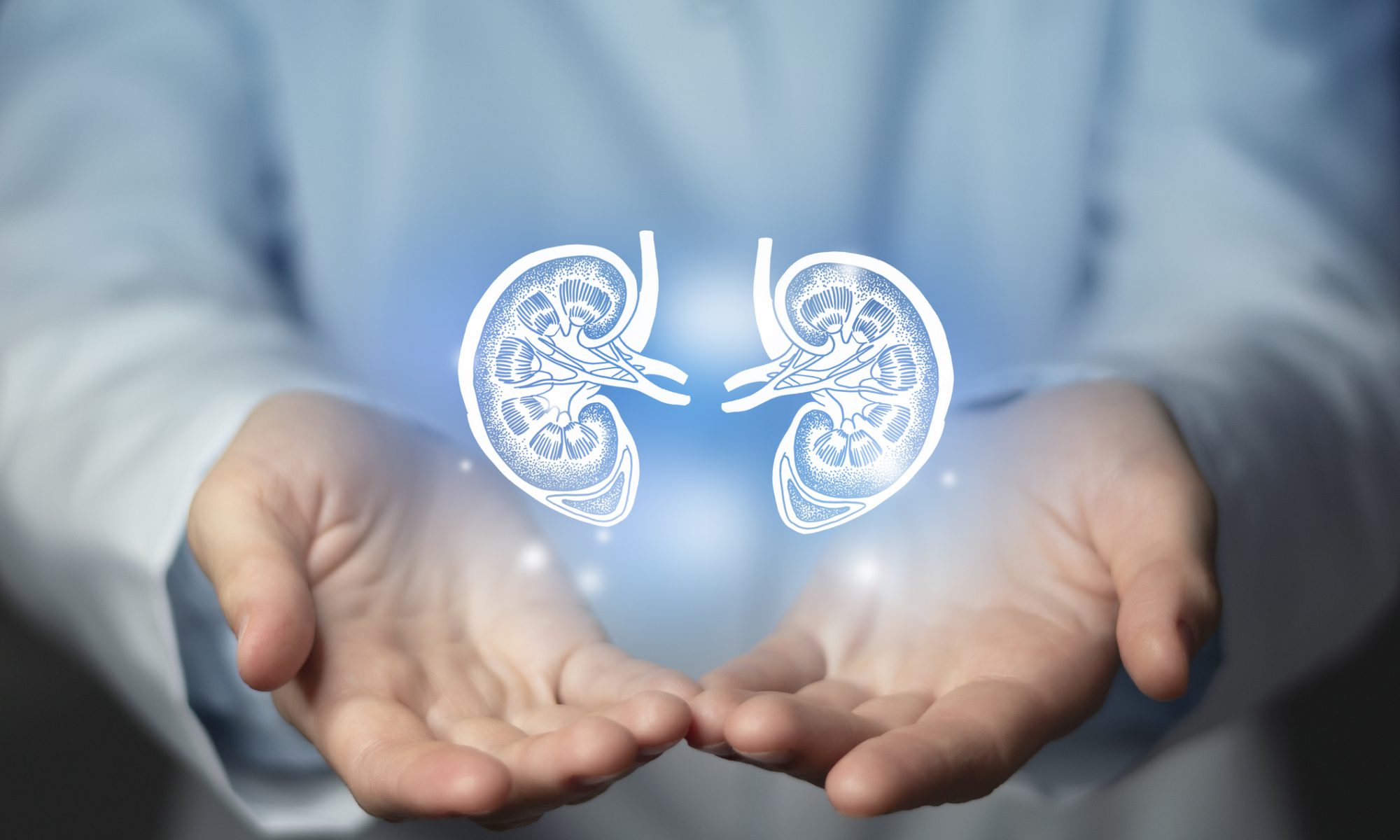By Deborah Kotz
A new study published in The Lancet on June 29 has revealed the most extensive analysis to date on what led to the eventual heart failure in the world’s first successful transplant of a genetically modified pig heart into a human patient. This groundbreaking procedure was conducted by University of Maryland School of Medicine (UMSOM) physician-scientists in January 2022 and marked an important milestone for medical science. Read the full article in UMB News.









